In 1700, there was a common joke; “There is a big difference between a good doctor and a bad doctor, but there is no difference between a good doctor and no doctor at all.” Apparently, medicine did not have a lot to offer. 300 years later, we still struggle to define what makes a bad doctor, a good doctor or what we all seek, a “great” physician and healer.
Immense advances in biology and science have completely transformed medicine. A hundred years ago, care was given in the home, with the patient, family, neighbors and friends intimately involved. The treatments were those of common sense and folk remedy. You recovered or you did not, and therapy little altered that natural course. Irrational thought, emotion, superstition, and prayer mixed with the powerful support of those that knew and loved the patient. Medicine was not science; it was Mother Nature and spiritual healing.
This changed with a crescendo of discoveries; bacteria cause infection, we are built of cells, blood flows instead of humors, anesthesia makes surgery possible and the key to life is in our genes. Miraculous therapies developed which require extensive training to administer, large institutions to house, complex systems to organize, banks to finance, august schools to teach and myriad manufacturers to produce the magic potions. Thus was born a radically different health care system.
This means medicine, healthcare, is no longer a thing for the home given by friends to patients rapped in blankets by the fire, it is given in clinics and hospitals surrounded by professors, doctors, nurses, encased in tile, glass, brick and metal; sterile, pure, and measured. The medical care, which we gave each other for thousands of years, was warm, irrational and emotional; the new system is cold, rational and calculated. We still live in our homes, but we give our bodies to heal in assembly line, structured, institutions.
The major problem with this model is that the patient and family who are affected by illness are still soft, delicate and our personal lives intangible. In the home we use words like family, love, guilt, longing, sharing, anger and tears. Industrial health uses words like staffing, data, quality, cost, complications and results. Each day, we touch, share, mend, and every person is, at least a little, transformed by disease. In the hospital the core management concepts are objectivity, analysis, and sterility; the sicker someone gets the more isolated, until everyone, including the patient, wears a mask. In the home, we share the sick room and bed, in the hospital bedrails, sterile gowns and bubble rooms keep us apart.
Therefore, there is an immense chasm, a gap, between who we are as feeling, connected members of society and the industrial, scientific model of medical care. We do not surrender our bodies easily to become grist in the medical machine; therefore, we plummet into the gap with the resulting confusion, depression, terror, error, side effects and very often the loss of opportunity to heal. If we do survive, we may be so damaged by the cogs of the wheel that it becomes hard to be a feeling, living person, again.
While a good doctor must have a solid foundation of knowledge and the proper skills to perform his or her specialized task, I believe that the “great” doctor is one who recognizes, at least intuitively, the gap between the emotional, irrational state in which we live our lives and the rational- objective structure of the healthcare system. The skilled physician understands that he must bridge the chasm.
This does not mean forcing the patient to become an emotionless robot, but rather helping the patient to be “human,” even as the health machine is running. The best physicians accept the emotions of the patient as healthy, and do not try to suppress and deny those needs. He helps the patient receive rational care, but not lose who they are and supports them so they may cross back and forth between these two disparate worlds. This requires a love of his fellowman, the skill of a fine teacher and above all the patience to listen and understand what each patient feels.
The modern healthcare system was not designed with the real people in mind. It is constructed for Homo sapiens, a carbon based biologic machine. Fortunately, that is not all that we are … we are complex, loving, spiritual, dreaming, hoping, learning creatures. Until the day when medicine is based on these marvelous ideas, we will need guides to lead us in that bizarre healthcare land. A good doctor is always better than a bad one, but a great doctor is one that touches the human soul.
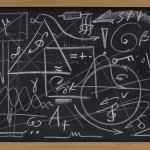
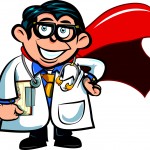
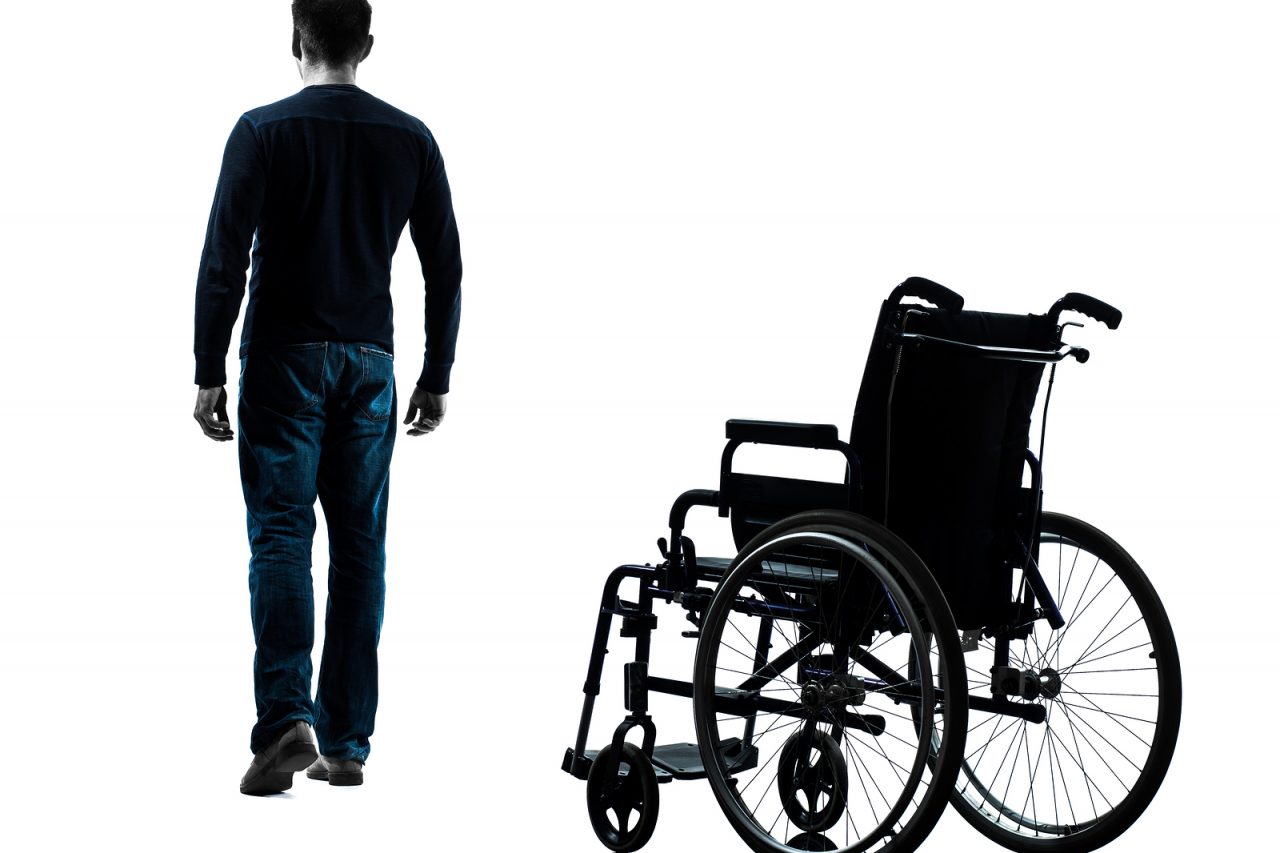
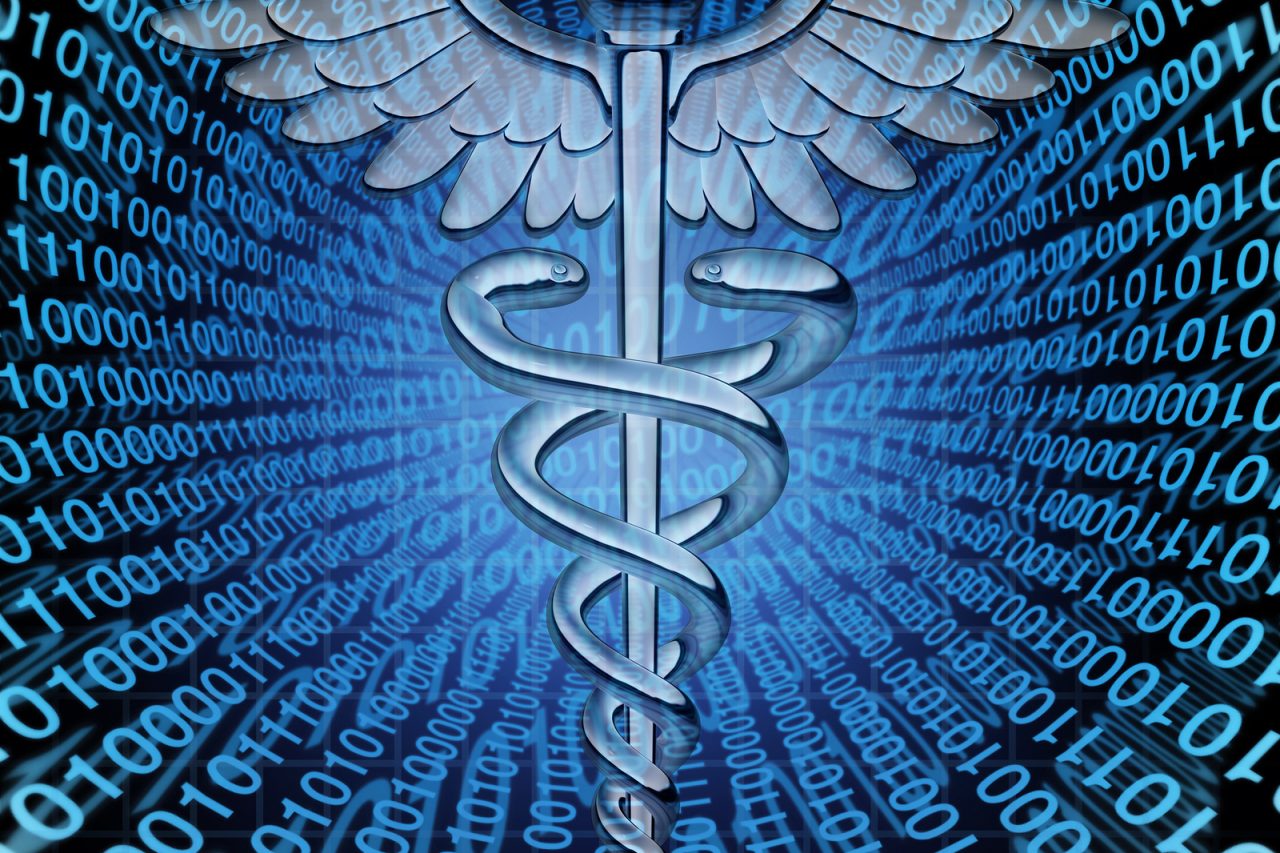
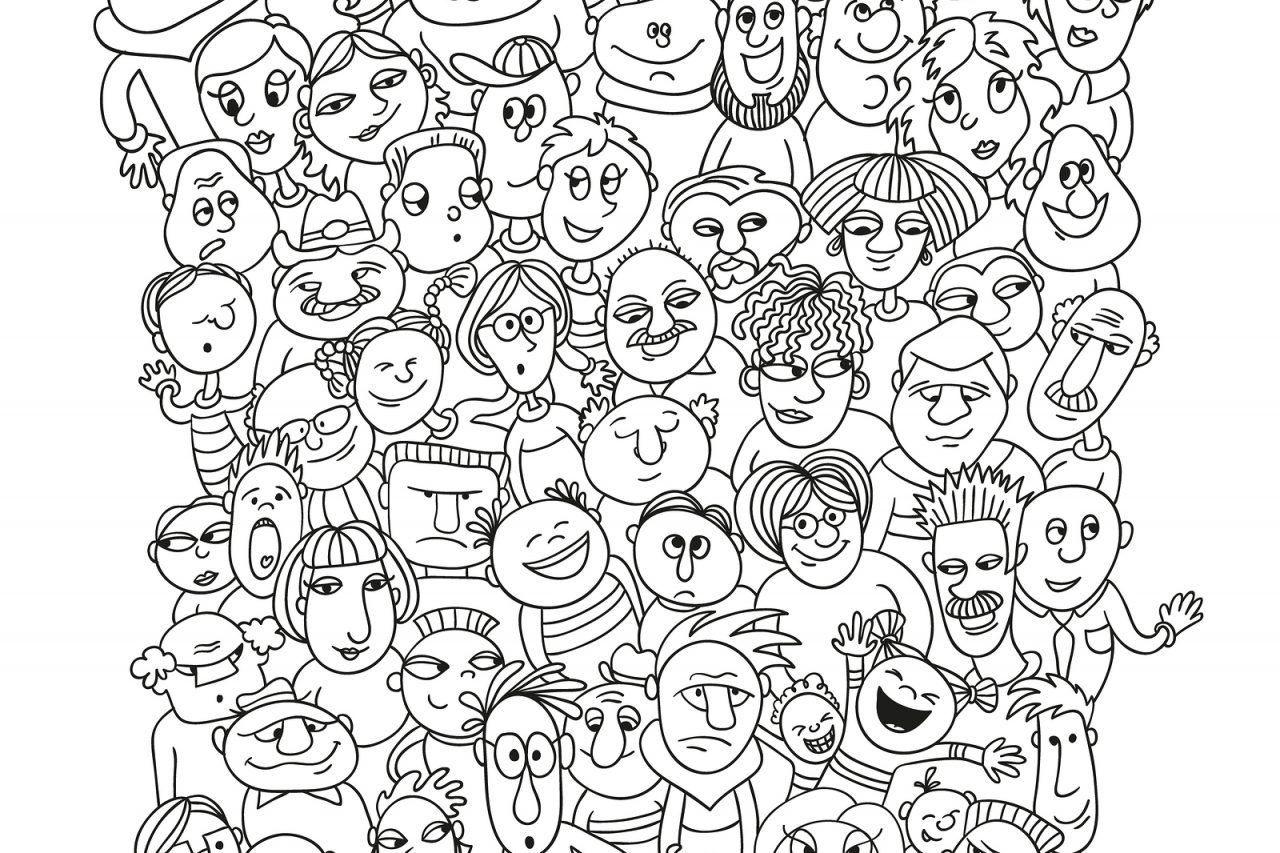
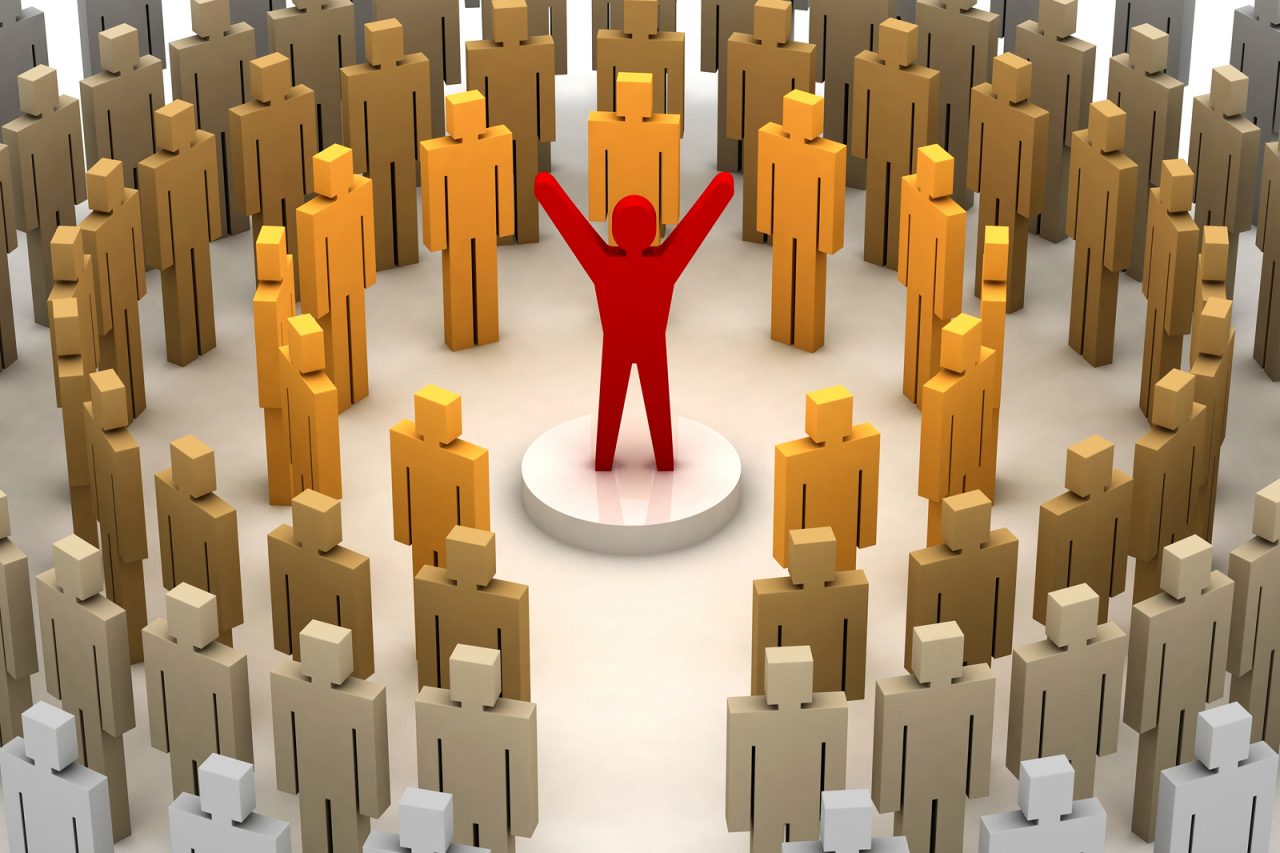

14 Comments